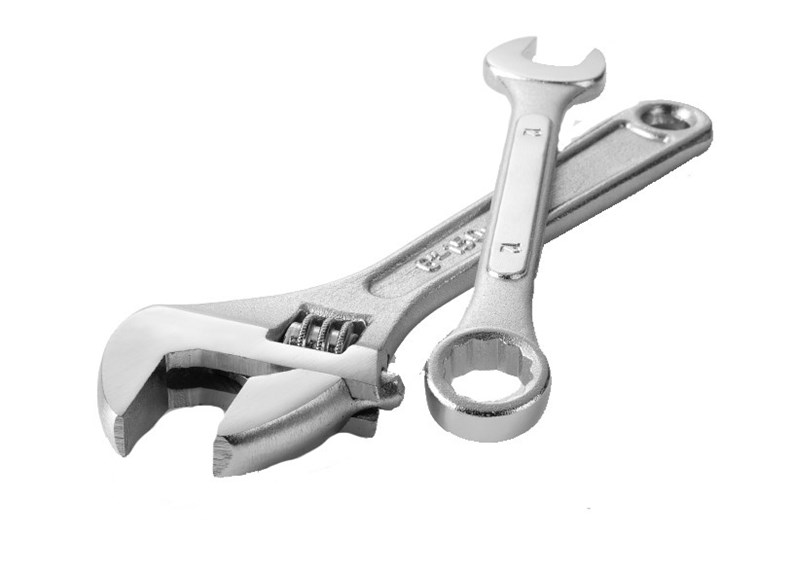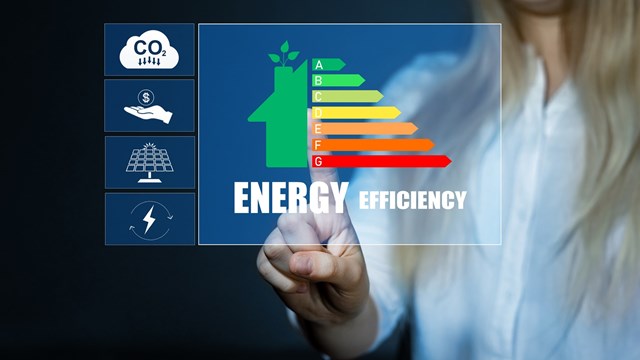Every year, condominiums and co-ops in New Jersey pay millions of dollars in utility expenses, including electric, water/sewer, gas, and steam. Are you certain your board or homeowners association (HOA) is paying the correct amount? What if it isn't? Without an expert audit, you may never know if your complex is due refunds, savings, and credits from overcharges that appear in a surprisingly large percentage of utility bills.
A whole business sector has grown to supplement your management company's efforts and delve further into the highly specialized area of utility cost recovery to obtain funds on your behalf. The following is an objective look at whether this service is right for your development, and a primer to help you make the best selection of an auditor.
What Do I Have to Lose?
That depends upon certain factors:
Does the auditor work on a contingency fee basis? Some companies charge a fee for their service, regardless of whether they effect savings. The benefit of this arrangement is you know what the cost will be. The downside is that you pay for the service whether your building saves money or not, and there is no financial incentive for the provider to dig as deep as possible to effect savings. The auditor gets paid the same amount of money whether they save you significant dollars or no dollars at all.
Many auditors are paid only when they recover refunds, savings, and credits. In this case there is absolutely nothing to lose, with the potential—and their incentive—to secure significant savings.
Is It Too Good to Be True?
Possibly—if you don't work with a quality company. Do your due diligence; find out about the company you choose before selecting a utility auditor. Ask yourself,
• How large is their staff? What is their background?
• What technology does the company use?
• Do they look to recover funds and savings on existing structures as well as on future billings? What is their track record in each area of savings?
• Do they just recommend solutions, or do they implement them as well?
• How far are they willing to go? Would they appeal the utility companies' decisions?
• Who are their clients and how much have they saved other buildings? Get references.
• Are there any other charges?
• Finally, find out how easy is it to cancel the agreement.
Can't Our Managing Agent Do This Him/Herself?
Managers have more than a full-time job dealing with managing the development. Also, utility bill auditing and cost management is a very complex, time-consuming, and specialized field. One needs to navigate through the bureaucratic environment that envelops most utility companies and through the mass of unwieldy tariff and regulatory rules and regulations to implement your savings.
Are There Other Benefits?
A utility bill auditor should be able to provide you with a cost breakdown and understanding of your bills. They should even be able to provide reporting, in paper or electronic format, with detailed information about historical usage, billing and payment as well as graphs that set forth trends in usage. This is useful for budgeting and cost control purposes. Finally, they can help you wade through the sea of choices of third-party marketers that deregulation offers,
How Do I Choose the Right Auditor?
First, there is the choice of fixed fee versus contingency (see above).
Within contingency, there are differences in the level of the share of the savings. Typically the smaller companies with fewer resources will ask for a smaller share of the savings. They may also find fewer savings than a company with larger resources to do the following:
Apply the services and knowledge of highly-skilled legal and tax experts, former high ranking utility executives, seasoned auditors, and tariff specialists to remove charges that are embedded in the basic rate structure and not openly disclosed in a utility bill.
Offer proprietary advanced technology to analyze the utility data to identify utility cost savings.
Work through all appropriate agencies or utilities to implement all changes and obtain all refunds, savings and credits available.
File and pursue cases or complaints with the appropriate regulatory authorities or through the courts.
The decision makers in your association should focus on the magnitude of results and depth of auditing expertise a firm can offer to maximize the largest refunds, savings and credits for the unit owners and shareholders.
In Conclusion…
You have the potential to save tens or even hundreds of thousands of dollars. The risk is either a fixed cost or no cost, and a small amount of time and effort on the part of the property manager to provide the information and access necessary to allow the auditors to do what they do best. Utility auditing may be well worth a try for your building community.
David Matsil is the business development manager for UtiliSave, LLC, an energy consulting firm based in New Rochelle, N.Y







Leave a Comment